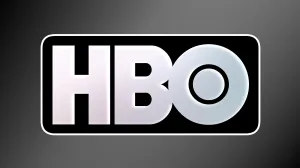
Xbox boss Phil Spencer recently voiced his opinion on console-exclusive content such as DLC and said that he’s not particularly fond of the practice.
Videos by ComicBook.com
Those who recall Microsoft striking deals with select games such as Call of Duty in the past to obtain exclusive content may see some irony in Spencer’s mindset. That irony certainly wasn’t lost on Spencer himself, however, who acknowledged during an interview with GameSpot that his way of thinking might seem a bit unusual.
“People always knock me on this; I’ve been on record … I don’t love the idea or practice of us paying so other platforms can’t play or use a certain gun in a game or do a certain level,” Spencer told GameSpot at the Brazil Game Show. “I know I say that and, Xbox history – DLC exclusivity windows with Call of Duty – I understand the fingers are pointing right back to Xbox. I can only be who I am. It’s not the best PR answer. But I don’t like that.”
Spencer also spoke about two games that have either received or are scheduled for a console-exclusive launch on the Xbox, PlayerUnknown’s Battlegrounds and Cuphead. Both games have proven to be phenomenal successes in their own ways. Cuphead won’t be coming to PlayStation 4, but PUBG’s console deal with Microsoft is currently in negotiations for an extension even before its release, so there’s certainly cause for speculation that it’ll come to the PS4 eventually.
Speaking about Cuphead specifically, Spencer said that they wanted to “invest more” into the game before it was eventually decided to be a Microsoft exclusive.
“When there are games that come along, Cuphead is a good example, and the team had certain ambition about what they wanted to go do,” he added. “And together with them we wanted to invest more. We saw more opportunity. And what that turned into was us having an exclusive game on our platform. That’s a game that probably wouldn’t have happened the way it did if we didn’t invest the way we did.”
Spencer wrapped his statement back to an idea of playing games across multiple devices and platforms, a business model that puts the consumer first as opposed to creating games that are restricted to different, costly devices.








